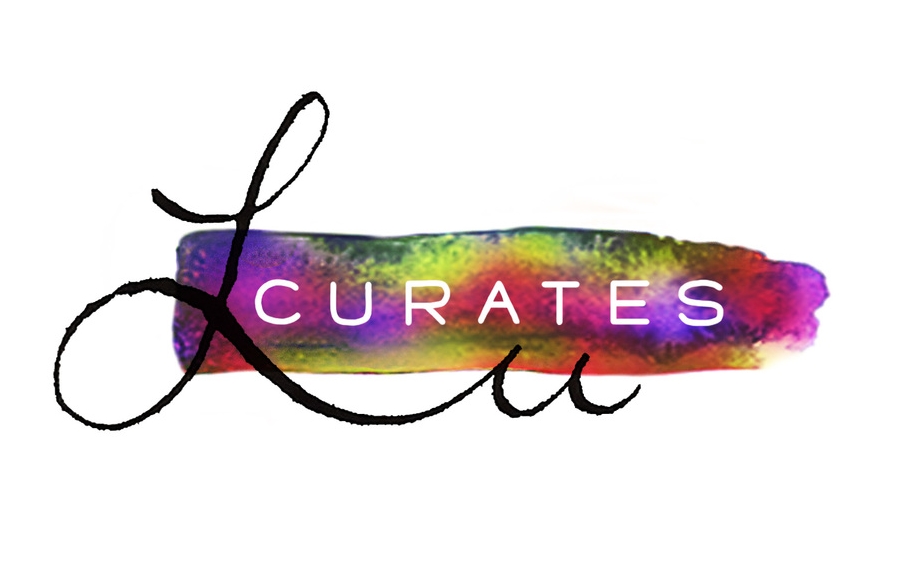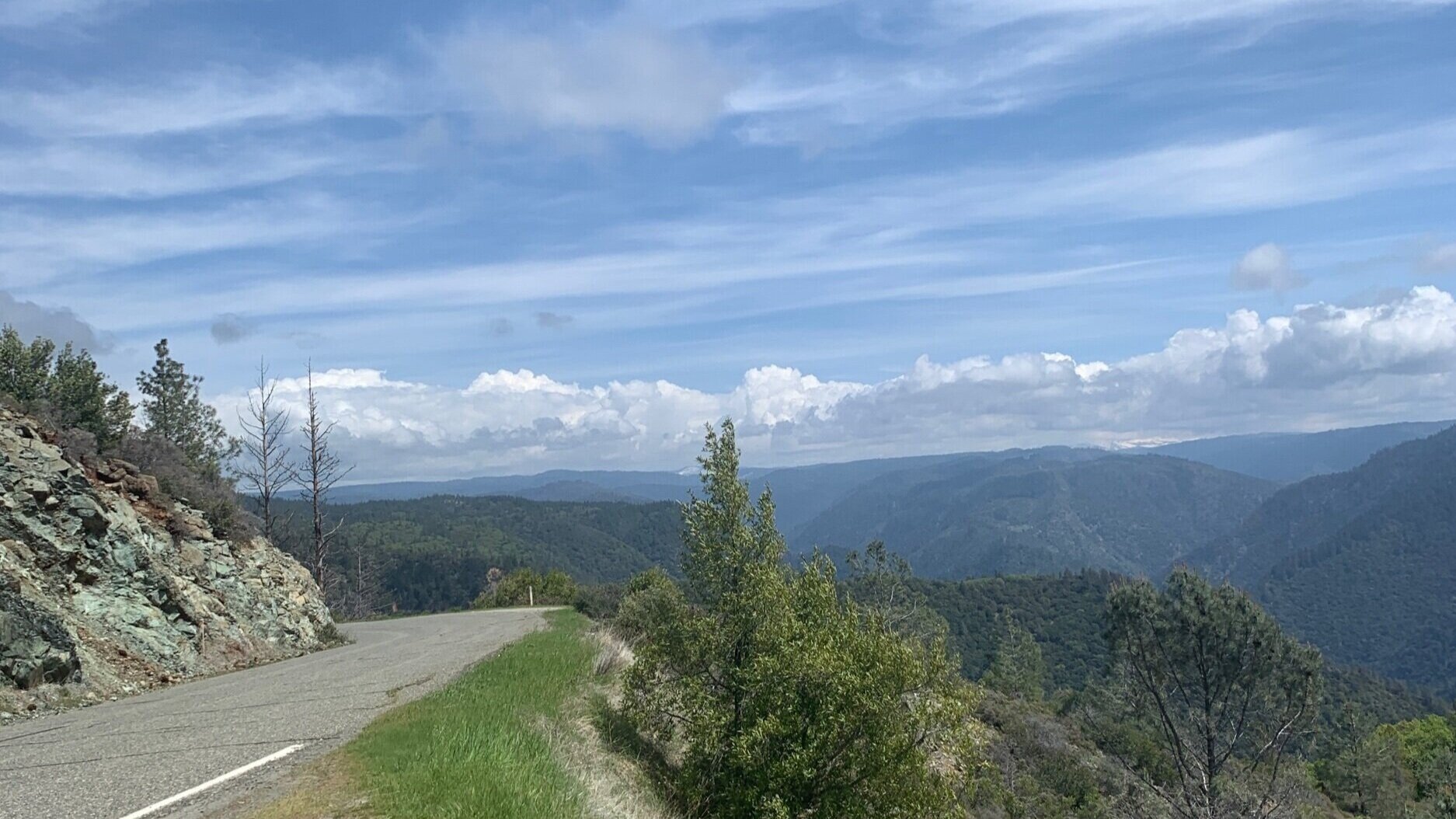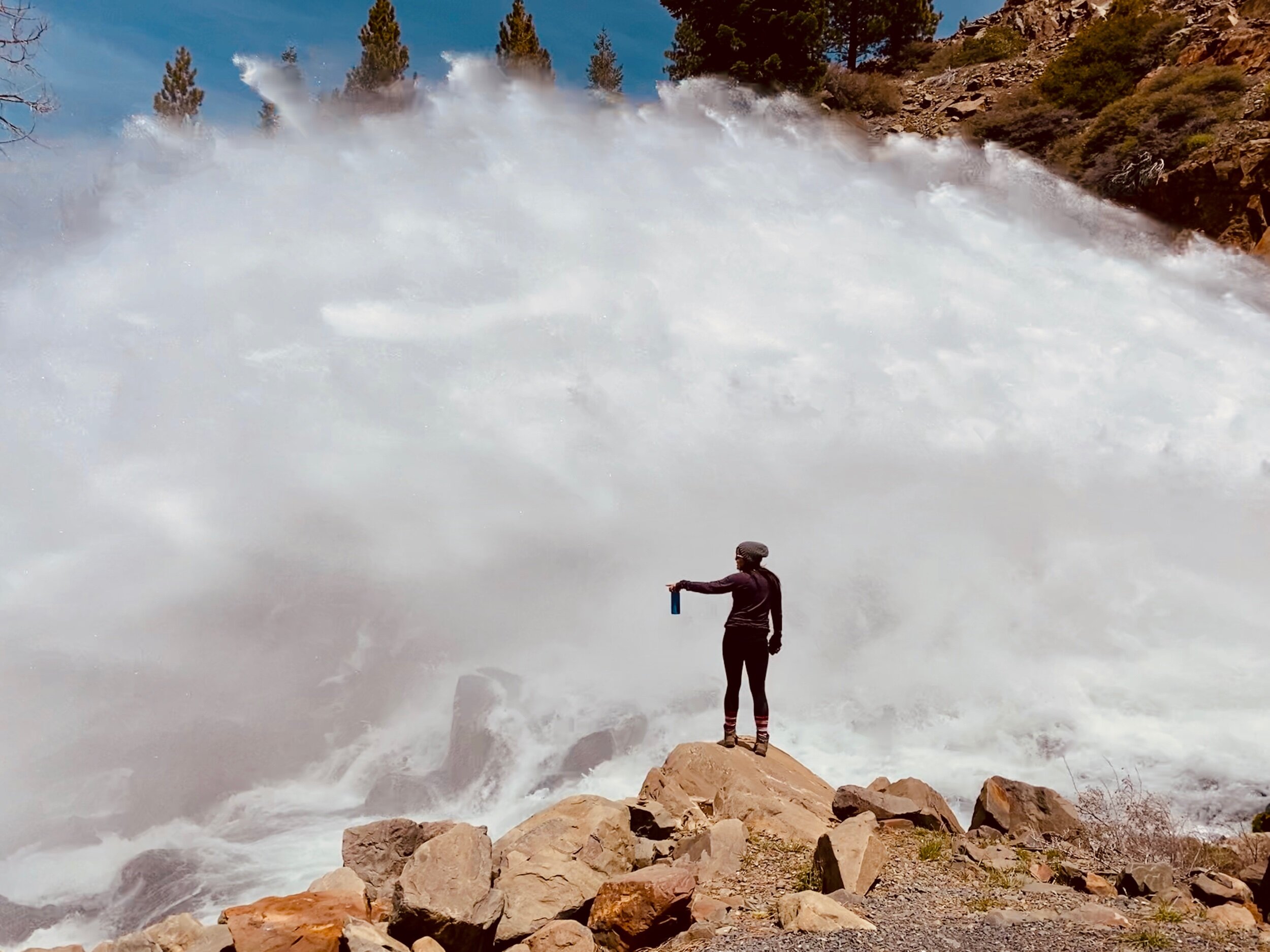Friday evening, I was blissfully unaware of the protests. Some might call it ignorant or naive. After eight weeks of quarantine with no consistent direction from the government, I jumped on Instagram to chat with my friend Cha Cha on a LIVE stream.
Cha Cha hosts a monthly burlesque show at Sacramento’s local venue Harlows for her troop, the Darling Clementines.
I take burlesque classes and have been involved in the Sacramento burlesque community, as a student, for a year. We made plans to share some socially distant margaritas with Cha Cha in midtown at the farmers market the next day. She canceled to go to the protests.
Like most white liberal millennials, I don’t have a TV. I’m distrusting of the 24-hour news cycle and basically disassociated when Trump was elected (privilege). I was mesmerized by Cha Cha’s feed. Not only is she someone I care about and respect but I couldn’t believe what I was seeing at the Capitol (also privilege). I was shocked at how many police there were (another example of privilege. A lack of exposure—-this violence and force is not new for POC communities or protests).
I had never seen so many police in such high concentration. The threat of violence demonstrated by their military stance and weapons seemed unnecessary considering a week before a white dude with a gun was on the Capitol lawn. On this Saturday, they weren’t allowing the protesters the same respect as the anti-COVID groups and were blocking them from the Capitol lawn.
You might be wondering why I’m dropping little “privilege” bombs after some of my sentences. Why is disassociating from Trump-related news a sign of privilege? If Trump makes a racist comment; it doesn’t affect me. Sure, I’ll hear of it through my social network, but I’ll be able to continue my life, with my cushy white girl job in tech.
Millions of Black people across the nation, not only have to be reminded publicly of all the times they’ve been racially discriminated against but they now are subjected to the violence and discrimination of those who are emboldened by the president of the United States words.
Language has the power to support or deny our perceived reality.
Maybe that racist group wasn’t confident enough to jump that Black man yesterday, but if the president feels that way, there’s no way of telling how that group is feeling today.
How we use language is powerful. This is why people push so hard to adopt terms like “diverse abilities” vs “special needs” or “Deaf” vs “hearing impaired.” The subconscious use of hierarchical language is subconsciously internalized.
There is an argument to be made that using the words “white privilege,” is an example of such rhetoric.
Do these topics make you feel uncomfortable? Are you having a physical reaction to what you just read? Maybe it's fear, maybe it's defensiveness, maybe it’s anger. Maybe it’s nothing. I want to validate you whatever it is you are feeling. Most people's nervous systems are on high alert because of COVID.
Uncomfortableness or defensiveness around race discussions is extremely common. If we want to achieve, “you and I against the problem over you and I against each other,” we have to step outside of the felt sense and think about the problem critically.
Uncomfortableness is an example of our felt sense, it’s an example of the Polyvagal Theory and trauma responses.
An obviously felt experience for me was when I took a video of me calling my mayor. I was in the safety of my home, by myself making a phone call, LEAVING A MESSAGE. I wasn't even talking to another human! Yet anyone could viscerally see the shakiness in my voice while I demanded that the rest of #8cantwait policies outlined by Campaign Zero be adopted. Leaving a message about race for my mayor had me shaking.
This is an example of a somatic response to my internalized prejudice deeply rooted in implicit, unconscious bias.
I’m in the process of reading the book, “White Fragility,” where the author, makes the distinction between racism and prejudice. Prejudice happens at an individual level. I may cross the street to avoid standing next to a Black man especially if I was alone, that is a prejudiced behavior deeply rooted in racism which is the system.
The system: My family raised me in a mostly white area (passive segregation) limiting my exposure to Black people and in turn resulting in my uncomfortableness around difference.
The system; knowing when someone uses the phrase, “that’s a bad area,” it almost always implies people of color live there. That narrative raised me to believe that people of color are unsafe. However, it’s coupled with the idea of being “color blind.” If I say I don’t see color then I don’t have to take any accountability for crossing the street when facing an example of internalized or unconscious racism.
If you are starting to feel defensive or angry. I invite you to ask yourself why? Why is sharing my personal experience bringing things up for you?
By writing this piece, I know it's going to lose me social capital amongst some of my white friends. I will be labeled as “too liberal”, “that’s just our liberal friend”; my “liberalness” will be used as a mask to deflect the very real existence of microaggression towards people of color.
But I can’t unsee what I’ve seen. When the marches of this revolution showed up on my doorstep the last weekend of May, I could no longer deny the reality of our country.
Why do unarmed looters scare some of us more than police with guns, batons, rubber bullets and tear gas?
Looters may break glass, but they are not trained to kill, yet trained mercenaries scare some of us less. The facts on the ground don’t really make sense if you were to throw the two groups in excel and do a baseline risk assessment.
What about the way we were raised creates unwavering faith in those who wear uniforms? Shouldn’t we be allowed to question this?




